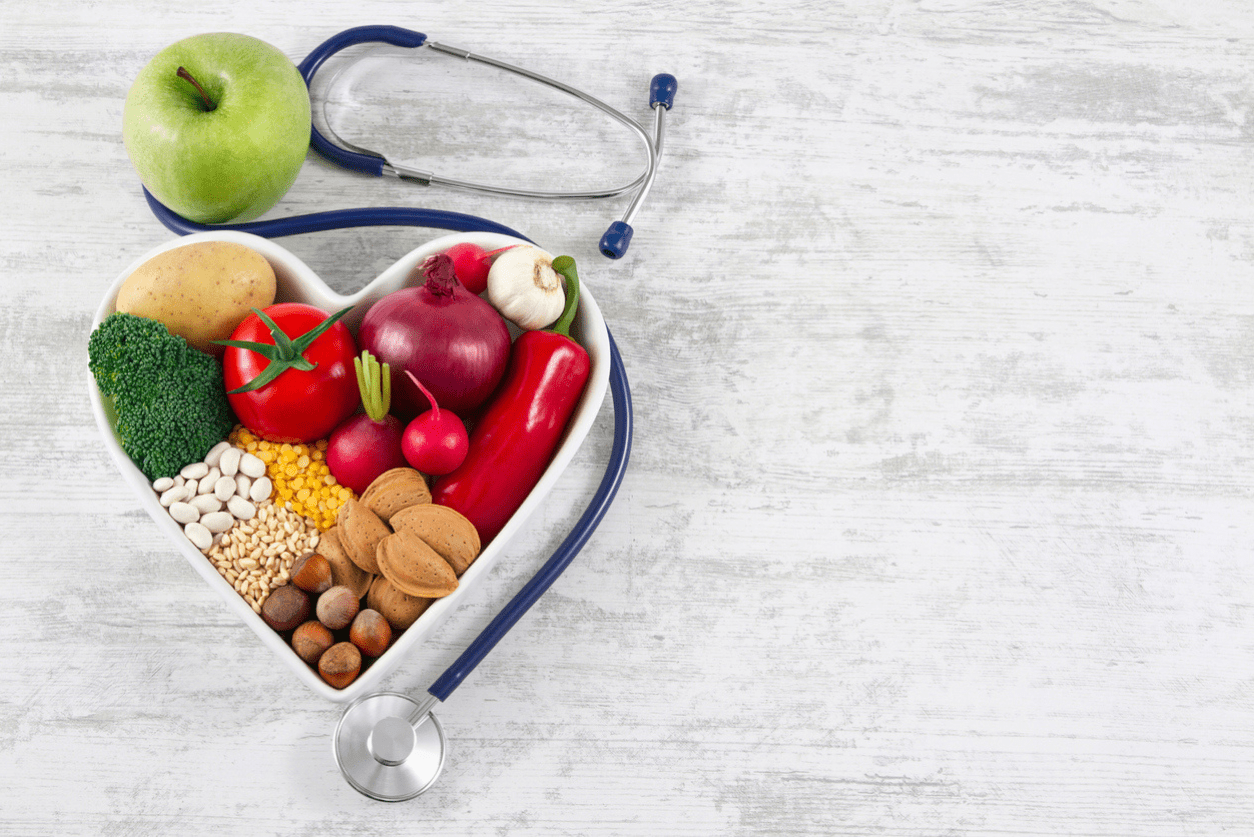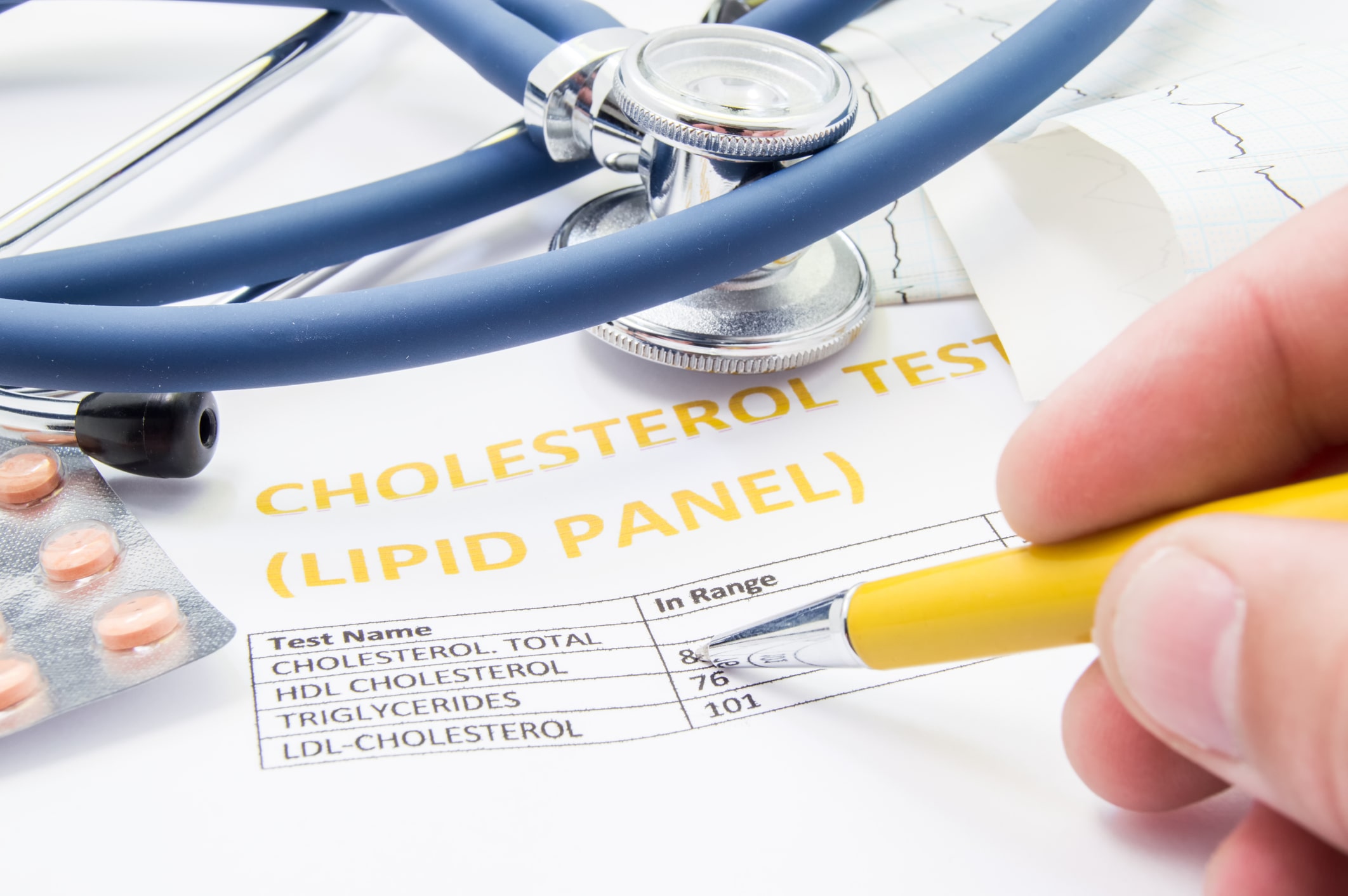
The Best (and Worst) Foods for Cholesterol Control
Your diet plays an important role in maintaining healthy cholesterol levels, essential for heart health. While your body needs cholesterol to function, too much of the wrong kind can lead to health issues. The foods you eat can help keep cholesterol in check, making a big difference in your overall well-being.
What is Cholesterol?
Cholesterol is a waxy, fat-like substance found in your blood and cells. Cholesterol helps build cell membranes, make hormones, and produce vitamin D. Your liver makes enough cholesterol for these jobs. You can also get it from many foods. There are two main types of cholesterol: low-density lipoprotein (LDL) and high-density lipoprotein (HDL). LDL, often called “bad” cholesterol, can build up in the walls of your arteries, increasing the risk of heart disease and stroke. HDL, known as “good” cholesterol, helps clear excess cholesterol from your blood. It carries this cholesterol back to the liver, which breaks it down and removes it from your body. Keeping a healthy balance of LDL and HDL cholesterol is important for your heart. Your diet also plays a role in achieving this balance.

Symptoms of High Cholesterol
High cholesterol usually doesn’t show clear symptoms. That’s why regular screenings are important for finding it. However, prolonged high cholesterol can lead to complications that may cause the following:
- Chest Pain (Angina): A symptom of blocked arteries restricting blood flow to the heart.
- Shortness of Breath: This can occur when the heart must work harder to pump blood due to narrowed arteries.
- Fatty Deposits Under the Skin (Xanthomas): Yellowish lumps of fat that can form around your eyes, elbows, or other areas of the body.
- Stroke Symptoms: Sudden numbness or weakness in the face, arm, or leg, especially on one side of the body, can indicate a stroke linked to blocked arteries.
- Heart Attack Symptoms: Severe chest pain, upper body discomfort, sweating, and dizziness may happen when cholesterol builds up. This buildup can block an artery and limit blood flow to the heart.
Best Foods for Cholesterol Control
Eating heart-healthy foods can help control cholesterol and boost your overall health. Here are some of the best options to include:
- Oats and Whole Grains: Oats, barley, and other whole grains are high in soluble fiber. This fiber helps lower LDL cholesterol by stopping its absorption into the bloodstream. Starting your day with a bowl of oatmeal is a heart-healthy choice.
- Fatty Fish: Salmon, mackerel, and sardines are rich in omega-3s. They lower triglycerides and boost heart health. Omega-3s also help increase HDL cholesterol levels.
- Nuts: Almonds, walnuts, and pistachios contain healthy fats that help lower LDL cholesterol. A handful of unsalted nuts as a snack can support heart health.
- Legumes: Beans, lentils, and chickpeas are rich in fiber and plant-based protein. They’re a heart-healthy alternative to high-cholesterol meats, helping to lower LDL (bad) cholesterol and promote lasting fullness.
- Avocados: These fruits are high in monounsaturated fats and fiber. They can boost HDL cholesterol and lower LDL levels. Add avocado to salads, sandwiches, or smoothies for a heart-healthy boost.
- Olive Oil: Extra virgin olive oil has antioxidants and monounsaturated fats. These help lower inflammation and boost cholesterol levels. Use it as a healthier alternative to butter or vegetable oils.
- Fruits and Vegetables: Apples, berries, citrus fruits, carrots, and leafy greens are high in fiber, antioxidants, and plant sterols. These nutrients help lower cholesterol levels. Aim for a variety of colorful produce in your diet.
- Dark Chocolate: Eating dark chocolate in moderation can be good for you. It should have at least 70% cocoa. This type of chocolate has flavonoids that can improve cholesterol levels. Just be mindful of added sugars.

Top Cholesterol-Raising Foods to Avoid
Limiting certain foods can help prevent high cholesterol and reduce the risk of heart-related issues. Here are some of the worst foods to watch out for:
- Processed Meats: Bacon, sausage, and deli meats are high in saturated fats and sodium. These can raise cholesterol levels and increase the risk of heart disease.
- Fried Foods: French fries, fried chicken, and other deep-fried foods have trans fats and bad oils. These raise LDL cholesterol and lower HDL cholesterol.
- Full-Fat Dairy Products: Whole milk, cheese, and butter have a lot of saturated fats. This can lead to higher cholesterol levels. Opt for low-fat or plant-based alternatives.
- Baked Goods and Pastries: Cookies, cakes, and pastries can have trans fats and high sugars. These can harm your cholesterol levels and heart health.
- Fast Food: Many fast-food items are high in unhealthy fats and refined carbs. They also contain too much sodium. This can lead to high cholesterol and bad heart health over time.
- Margarine and Hydrogenated Oils: Some margarines and spreads have trans fats. These fats raise LDL cholesterol and lower HDL cholesterol. Check labels for hydrogenated oils.
- Sugary Beverages: Soda, energy drinks, and sweetened juices can lead to weight gain. This weight gain may cause metabolic problems and raise cholesterol levels. Water, herbal tea, or unsweetened beverages are better alternatives.
- Packaged Snack Foods: Chips, crackers, and microwave popcorn usually have unhealthy fats, preservatives, and a lot of salt. These ingredients can raise LDL cholesterol and increase the risk of heart disease over time.
Diagnosing High Cholesterol
High cholesterol is usually diagnosed with a blood test called a lipid panel, which measures cholesterol levels in your bloodstream. This includes LDL (“bad” cholesterol), HDL (“good” cholesterol), and triglycerides, another type of fat. For the most accurate results, fasting for 9–12 hours before the test is often recommended.
Because high cholesterol typically has no symptoms, regular testing is important — especially if you have risk factors like a family history of heart disease, a poor diet, or a sedentary lifestyle. If your cholesterol is high, your doctor may suggest changes to your diet and exercise routine, or prescribe medication. These steps can help manage your cholesterol and reduce your risk of heart disease.

Contact Us
Keep your heart healthy by managing your cholesterol through diet, exercise, and regular check-ups. This reduces the risk of serious conditions like heart disease and stroke. Make informed choices by knowing which foods to eat and avoid, and monitor your cholesterol regularly. Taking these proactive steps can help you maintain better overall health.
If you’re concerned about your cholesterol or need guidance on managing your heart health, contact GastroMD today. Our expert team is here to help you develop a plan tailored to your needs so that you can stay on the path to better heart health.



